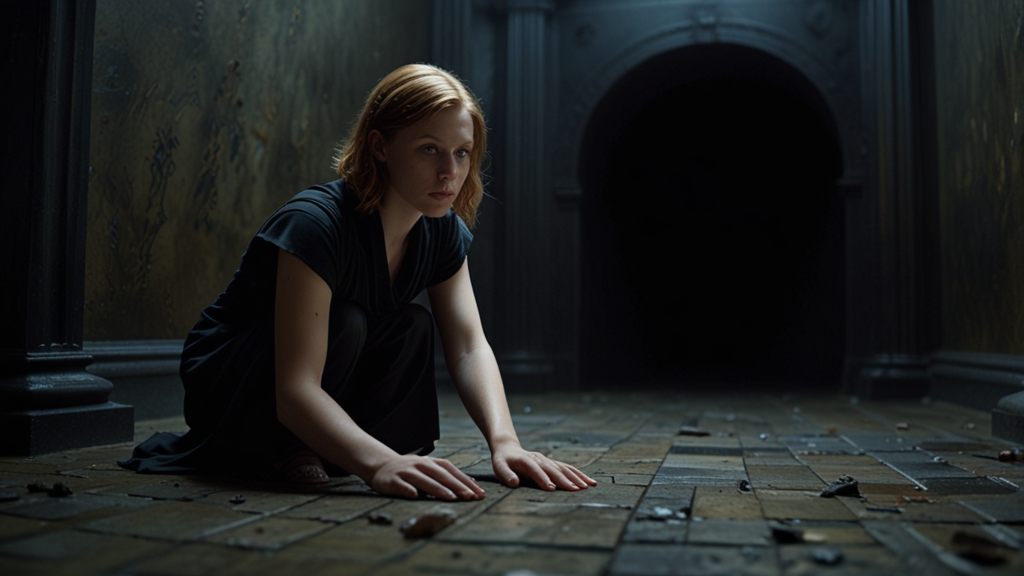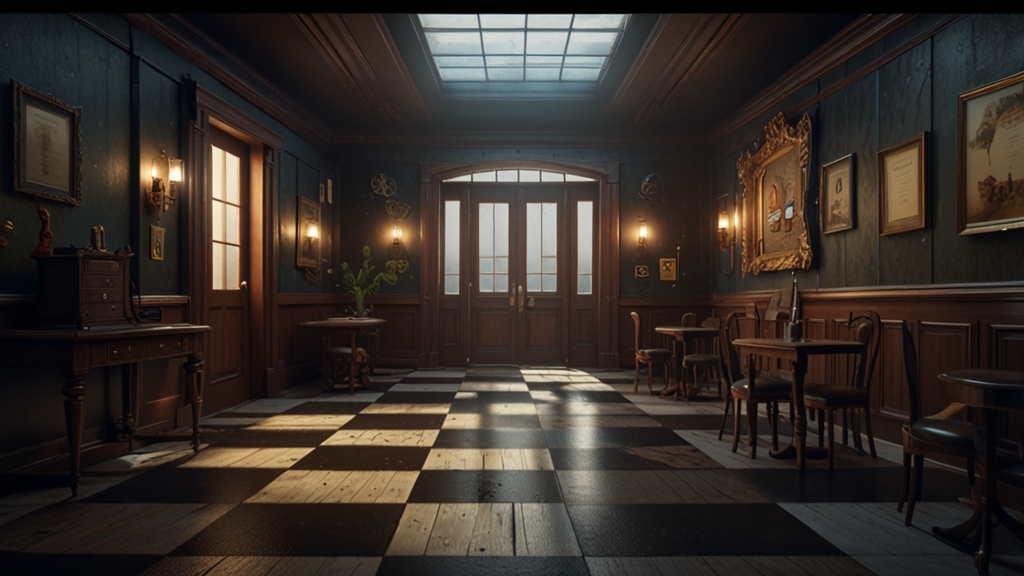The Dark Side of Riddles: Unearthing Their Mysteries
Riddles, those seemingly innocent puzzles that challenge our minds and spark our imaginations, have been a part of human culture for centuries. They appear in ancient texts, folklore, and even in our daily interactions. However, beneath their playful veneer lies a darker, more challenging side. From psychological manipulation to their use in cryptographic systems, riddles have a fascinatingly complex underbelly. Let us delve deep into the mysteries of riddles and uncover the shadows that lurk beneath their surface.
A Historical Perspective on Riddles
Historically, riddles were not always perceived as mere entertainment. In many cultures, they served as a rite of passage or a test of wisdom. Ancient Greek myths are replete with riddles, the most famous being that of the Sphinx, who posed a deadly riddle to travelers. Failure to answer correctly resulted in certain death. Such usage implies a darker aspect where riddles were tools of control and intimidation.
In medieval times, riddles often had dual meanings – a surface one that was innocuous and a deeper, often more sinister one. These riddles served various purposes, from teaching morals to preserving esoteric knowledge. The cryptic nature of these riddles ensured that only the worthy or initiated could access their true meanings.
"When is a door not a door? When it is ajar."
- Traditional Riddle
Psychological Manipulation through Riddles
Riddles can also have significant psychological implications. Their inherent challenge can induce a state of cognitive dissonance, where the tension between conflicting thoughts and the drive to solve the puzzle can lead to a powerful mental engagement. While this can be stimulating, it can also be manipulative. Psychological experiments have shown that presenting riddles in the right context can influence decision-making, behavior, and even induce stress.
Consider the use of riddles in literature and film. The riddles posed by J.R.R. Tolkien’s Gollum to Bilbo Baggins in "The Hobbit" are not merely narrative devices but tools of psychological warfare. Gollum's riddles serve to confound and delay, creating a tense and eerie atmosphere that resonates with readers and viewers alike.
Modern-day Applications and Implications
In contemporary society, the use of riddles has found its way into more sophisticated arenas such as cryptography and cybersecurity. Modern algorithms often rely on the principle of presenting a problem (a riddle of sorts) that is easy to verify but difficult to solve without a key or special knowledge. This dual nature of being both a barrier and a key has immense implications for both security and privacy.
"I speak without a mouth and hear without ears. I have no body, but I come alive with wind."
- Riddle often used in cybersecurity training
However, this modern application is not without risks. When riddles are used in encryption, the stakes become significantly higher. A riddle incorrectly solved could mean lost data, compromised privacy, or even national security breaches. The tension between making riddles complex enough to be secure yet simple enough to be usable is a constant challenge in this field.
The Ethical Considerations of Riddle Usage
The power of riddles to engage and perplex also invites ethical considerations. In educational contexts, riddles can be excellent tools for stimulating critical thinking and creativity. However, using them excessively or inappropriately can lead to frustration, decreased self-esteem, and aversion to learning. The balance between challenge and accessibility is crucial.
Moreover, the use of riddles in social situations or marketing can sometimes border on manipulative. Initiatives that rely heavily on “gamification” may use riddles to hook users, keeping them engaged longer than they might otherwise prefer. While this can be harmless fun, it also raises questions about consent and autonomy.
Conclusion: Embracing the Duality
Riddles are multifaceted entities. While they are entertaining and intellectually stimulating, they also possess a darker, more complex side that can influence our minds and our societies in profound ways. By understanding both the light and dark aspects of riddles, we can better appreciate their role in human culture and be more mindful of how we use and interpret them.
Whether you view them as mere puzzles or as profound metaphors for life's challenges, riddles will continue to intrigue and perplex, casting their enigmatic shadows over our minds and hearts.









